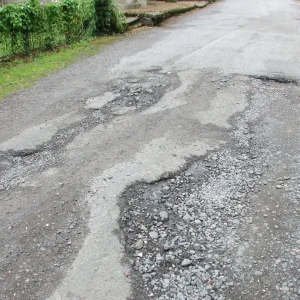Only one-third of mainland Britain’s local authorities polled by the RAC Foundation have installed electric charging points for vehicles, according to the organisation’s Going Green report on how councils can encourage greater use of lower-carbon road transport.
The survey also found that the promotion of green vehicles was patchy, “varying significantly between local authorities”. And it revealed that even the most progressive authorities are only using a fraction of the available powers to encourage drivers to use lower-carbon cars.
One of the most damning outcomes of the survey was that only 58, or 28%, of all 207 councils across England, Scotland and Wales invited to take part in the analysis agreed to participate.
Of the 37 who provided data on roadside plug-in facilities, just 20 said they had installed public charging points, and the effectiveness of those units is compromised by none of them being capable of rapid charging.
Out of the installed 275 charging points recorded, Glasgow City Council led the way with 52 units, followed by Milton Keynes on 50 and Newcastle City Council with 47.
Despite having 12 different statutory powers available to ‘nudge’ drivers and companies towards using greener vehicles of all types, the RAC Foundation’s report found that use of these powers was sporadic.
Political and financial reasons were cited for deciding against harnessing legislation. Fourteen out of the 17 low-emission zone councils not using CO2 emissions as an air quality parameter underlines the piecemeal approach to the issue.
Fiscal incentives are also under utilised, with only seven councils implementing or having implemented lower parking rates for greener vehicles. But 33 councils are, or will be, introducing greener vehicles into their own fleets with 13 demanding that contractors follow suit.
The RAC Foundation’s chairman David Quarmby described the findings as a “reality check”, although promoting wider use of green vehicles is not a statutory council responsibility.
BVRLA chief executive John Lewis said the report showed that electric vehicles will remain a niche product for some time, and his organisation called for a focus on encouraging use of all types of lower-carbon vehicles.





